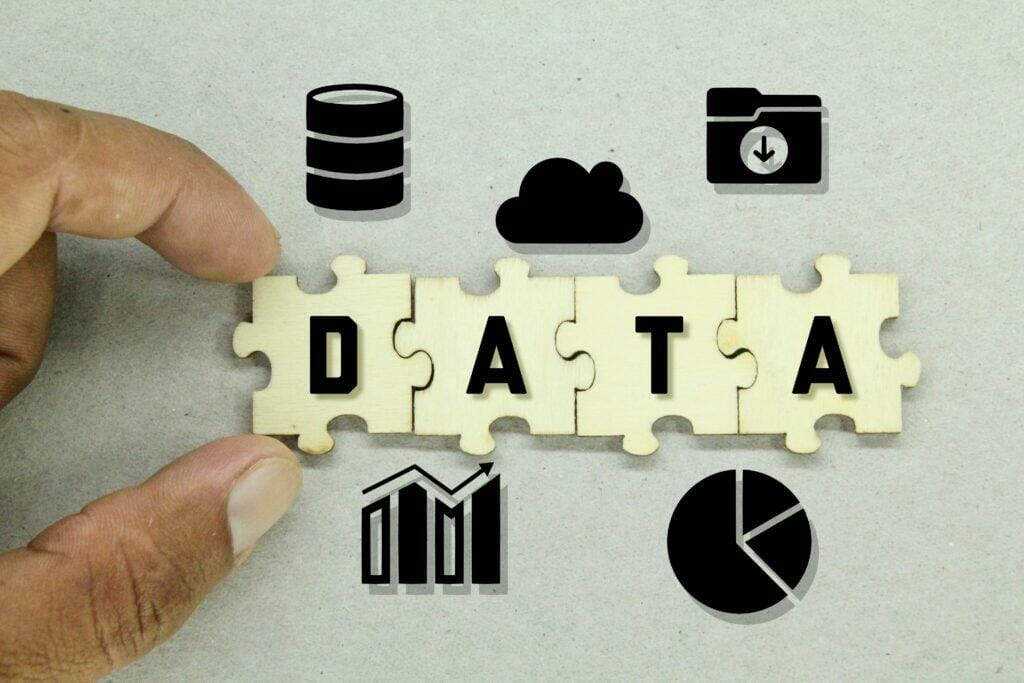
The demand for data scientists is growing, as data is a powerful differentiator in the digital age of business. Data makes customer needs predictable and forecasts fluctuating demands in advance. Data also helps identify potential supply and delivery disruptions before they compound into impactful problems.
Unfortunately, the supply chain shortage is accompanied by another shortage: the data science talent gap. The U.S. Bureau of Labor Statistics projected a 28% increase in the number of jobs requiring those with data science skills by 2026. Yet, the supply of these professionals is sparse because of the relative newness of the field. In reaction to this demand, universities are coming up with different ways to help close the gap. Several top universities offer free data science classes as an introduction to the field. This allows students to get a better understanding of the subject before pursuing a full degree. Meanwhile, other universities have opened up the course by offering online data science degrees that are 100% coursework and provide the opportunity to pursue a recommended business minor. Graduates of these courses are capable of using Python, SQL, R, machine learning (ML), and predictive modeling so that they can help deliver sales solutions in organizations of any size.
Businesses looking to incorporate data science into their sales operations can look at hiring interns with these skills before committing to wide-scale implementation.
After all, just because someone is in demand doesn’t mean they’re right for your business. So let’s look into the specific impact that employees with data science backgrounds may have:
Enriching customer service
With data science, one can analyze the quantitative behavior of customers so that businesses can better streamline their services. See how sentiment analysis can analyze customer feedback by scouring through social media platforms, blogs, or review sites. Here, the AI-based NLP system is potent enough to read the customers’ sentiments hidden between text.
This helps businesses track any change in customers’ attitudes toward products. This means that you can estimate the lifetime value of your consumers or the CLV. Intelligent algorithms can also compare several metrics, from the gross margin and frequency of purchase, to mean order value.
This will allow your organization to effectively boost sales by creating a frictionless customer experience and finding growth opportunities among existing customers. Here, businesses can launch customized recommendations, custom newsletter campaigns, and client loyalty programs at the right time to maximize the CLV.
Predicting future sales
Sales forecast systems can search for a pattern in the number of customers acquired and lost, as well as the average sales volume. This will allow businesses to project sales volume. By doing so, businesses can avoid a surplus inventory where they may be forced to sell at discounts in order to cut down the expense of storage space or beat the expiration date or products.
Your business can similarly avoid scarcity to the point where the sales decline. More importantly, however, you will be able to effectively manage inventories so that supply stays unimpacted, even during times when sales suddenly rise.
Anticipating trends
Sales tend to suddenly rise in line with the new trends of society. Data sets are included with marketing algorithms to take into account seasonality and relevance. This means that your business will be able to develop marketing tactics in advance to improve promotions and product sales. Here, creating appealing packaging or campaigns can better capture the attention of customers.
Optimizing prices
It’s important to achieve an equilibrium of pricing that is reasonable to consumers yet profitable for the business. Here, not tracking expenses is one of the top financial mistakes of small businesses that becomes a pitfall when optimizing prices. However, algorithm models to optimize price can balance demand with the cost of manufacturing and holding inventory. Certain factors such as history, competition, season, operating costs, and context will also be considered in the ML model so that it becomes easier to track business expenses.
It is common for brands in the fashion industry, like Zara or Michael Kors, to rely on ML for pricing. If your business is in a similarly competitive or seasonal industry, engaging in the input of machine learning pricing models can allow you to adjust prices for specific segments of customers so that every client is satisfied.
This is only the beginning of a new era of analytics. However, it is clear that data science will become an industry standard across the globe. To properly integrate this into your business, it is important to seek the services of a consultant who can provide an unbiased perspective as to what improvements are needed. With Cansulta, hiring an expert consultant and starting the optimization of data science for your business will be well within reach.
Looking for support to develop your sales strategy using data science? Want to increase onlines sales? Find your expert today on Cansulta. Or browse by specialty, and connect with a vetted professional for an Intro Session for FREE.
On Cansulta, we believe no business leader should have to face any challenge alone. Our online platform lets you find and collaborate with vetted consultants in minutes, and at a fraction of the cost of traditional firms.
